- Webinar No: WBNR 1138
- PDH Units: 2
No data found for Custom Course Number
No data found for Custom Course Units
- Webinar No: WBNR 1138
- PDH Units: 2
Intended Audience: All Engineers
Credits: 2 PDH Units
When: Wednesday 4/22. 2 - 4 pm EST
We promise you a webinar like no other. This is not your ordinary ethics webinar. We are very proud to bring this webinar to you. In modern times, by using government-mandated standard codes and specifications in the design of engineered structures, machines, and systems, engineers have been able to create safe and yet economical products. However, in relatively rare but tragic cases, the structures and machines designed by engineers have failed, resulting in the death and injuries to the unsuspecting public. The question is why, even after following the governing design and construction codes and standards, such failures occur? In most of these failure cases, if not in all of them, the cause is the violations of the Code of Ethics, especially its first canon that states: engineers should “Hold Safety Paramount.” This webinar presents a summary of the Code of Ethics for Engineers focusing on safety-related provisions, followed by a discussion of how engineers and managers can work together to hold safety paramount in every step of the project. Then the webinar discusses the tools that are available to engineers, including whistleblowing, to prevent safety-related disasters. The tragic collapse of the World Trade Center (2001) and the Florida Pedestrian Bridge (2018) will be used to show how not “holding safety paramount” in the design and construction resulted in their tragic collapse and loss of lives. Professor Astaneh will present the results of his extensive failure analysis of both WTC towers and the Florida Pedestrian Bridge. The structural analyses showed that in both cases the root engineering cause of the tragic collapses was the decision of the design engineers “not to hold safety paramount.” References and Recommended Further Readings:
- Code of Ethics of National Society of Professional Engineers (NSPE) (PDF)
- NSPE Ethics Guide (PDF)
- ASCE Code of Ethics (PDF)
- Ethics, Technology, and Engineering, a book by Ibo van de Poel and Lambèr Royakkers, Wily-Blackwell, 2011. (Amazon page)
- Concepts and Cases-Engineering Ethics, a book by Charles E. Harris et al., published by Cengage2019. (Amazon page)
- World Trade Center Archives from Professor A. Astaneh, Website containing all Professor Astaneh’s documents, photos, reports, powerpoints, and other material he generated for his investigation of the World Trade Center collapse sponsored by the National Science Foundation.
- Pedestrian Bridge Collapse Over SW 8th Street Miami, Florida March 15, 2018. Final Accident Report by the National Transportation Safety Board (NTSB) 2019. (PDF)
Date: Wednesday. April 22. Starts: 2 - 4 pm EST Credits: 2 PDH Units
Learning Objectives
Upon completion of the course, the student should understand- Why “holding safety, health and well-being” of the public is so important in preventing disasters.
- What does “holding safety paramount” mean.
- How not holding “safety paramount” was the main cause of the tragic collapse of the Florida Pedestrian Bridge in 2018.
- What are the “legal” and “ethical” responsibilities of engineers to “hold safety paramount.”
- How engineers can convince managers to also “hold safety paramount.”
- How space shuttle Challenger disaster could be prevented if managers considered “safety” to be of paramount importance.
- How “group-think” can blind engineers to “hold safety paramount.”
- How “willful or intensional blindness” of engineers can create safety-related disasters
- How “conflict of interest” in the engineering profession not only causes financial corruption but safety-related problems.
- The “conflict of interest’’ in the members of the Building Performance Assessment Team investigating the performance and tragic September 11, 2001 collapse of the World Trade Center towers.
- How whistleblowing can prevent engineering disasters and how whistleblowing can be done correctly.
- The important concept of “preventive ethics” as proposed by Charles E. Harris Jr. in 1995.
Special Webinar Instructions
After payment, please visit this webinar page, click "Start Course" and fill out the Webinar Registration Form. You'll receive email notification and details on how to join the webinar. You will then be able to access the webinar slides, test your system and receive webinar reminders. After completing the webinar requirements, your certificate of completion will be saved and available for download in your profile. We value your feedback! Please rate this webinar after completion.Group Discounts Available
Course Reviews
4.8
- 5 stars5
- 4 stars1
- 3 stars0
- 2 stars0
- 1 stars0
Once completed, your order and certificate of completion will be available in your profile when you’re logged in to the site.


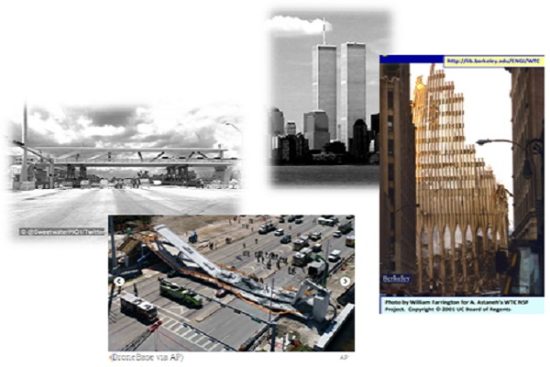

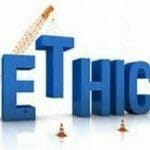
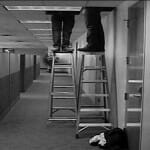

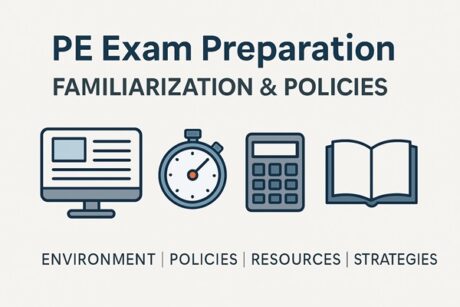
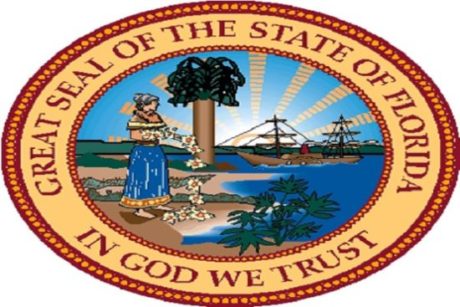
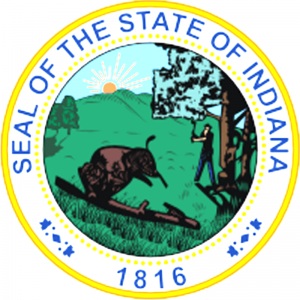

Some Engineering Ethics webinars can be a little boring. This one is definitely not. Delving into the Pedestrian Bridge Collapse in Florida, the Challenger Disaster and the Collapse of the World Trade Center Buildings, led me to wonder “what where they thinking?” Professor Astaneh is very interesting to listen to and has an amazing background. I never knew that the World Trade Center buildings were somewhat non-standard and their design and construction may have been instrumental in their demise after the airplane strikes.
Excellent course! A lot of info in two hours. It could have easily taken up three hours.
Extremely interesting and through. Raised great concerns to ponder.
I’m an electrical engineer, but I still found all of the course material very interesting and educational! I was most interested in the Florida bridge collapse topic because it is current and I had not yet seen any presentation on it. The topic was full of information and educational. I was less interested in the Challenger information because I have sat through numerous Challenger presentations over the years but I actually heard details today that I had not heard before. The WTC information was also very informative and interesting! I was quite a bit younger when 9/11 happened and remember hearing some of these details before. However this was a very thorough and interesting presentation. This was VERY worth the time and cost and I would highly recommend this presentation. I could see the presentation being extended to 3 hours with a short break in the middle. The Professor was very professional and there was no doubt at any time that he is a subject matter expert on the materials presented and I think this could easily have been an all day class. I am very happy and feel personally rewarded to have participated in this seminar.
Time of the course needs to be lengthened to cover the amount of data that was presented.
Great presentation by an engineer who has had a lot of experience in the field of ethics.